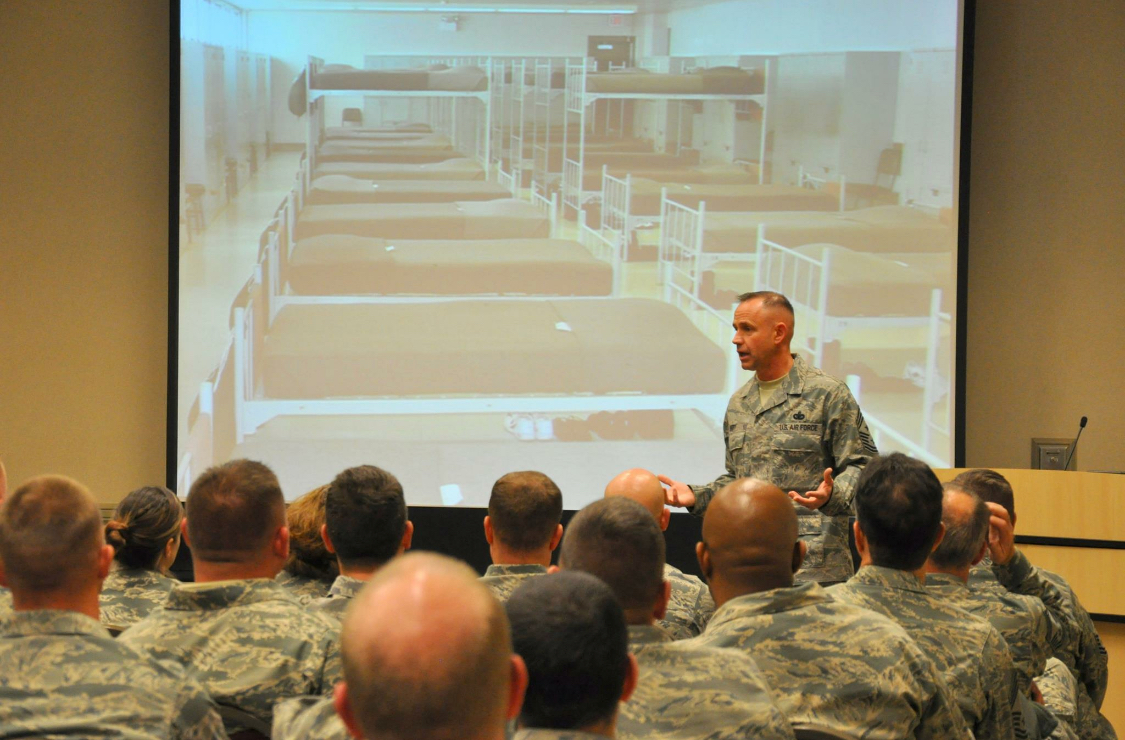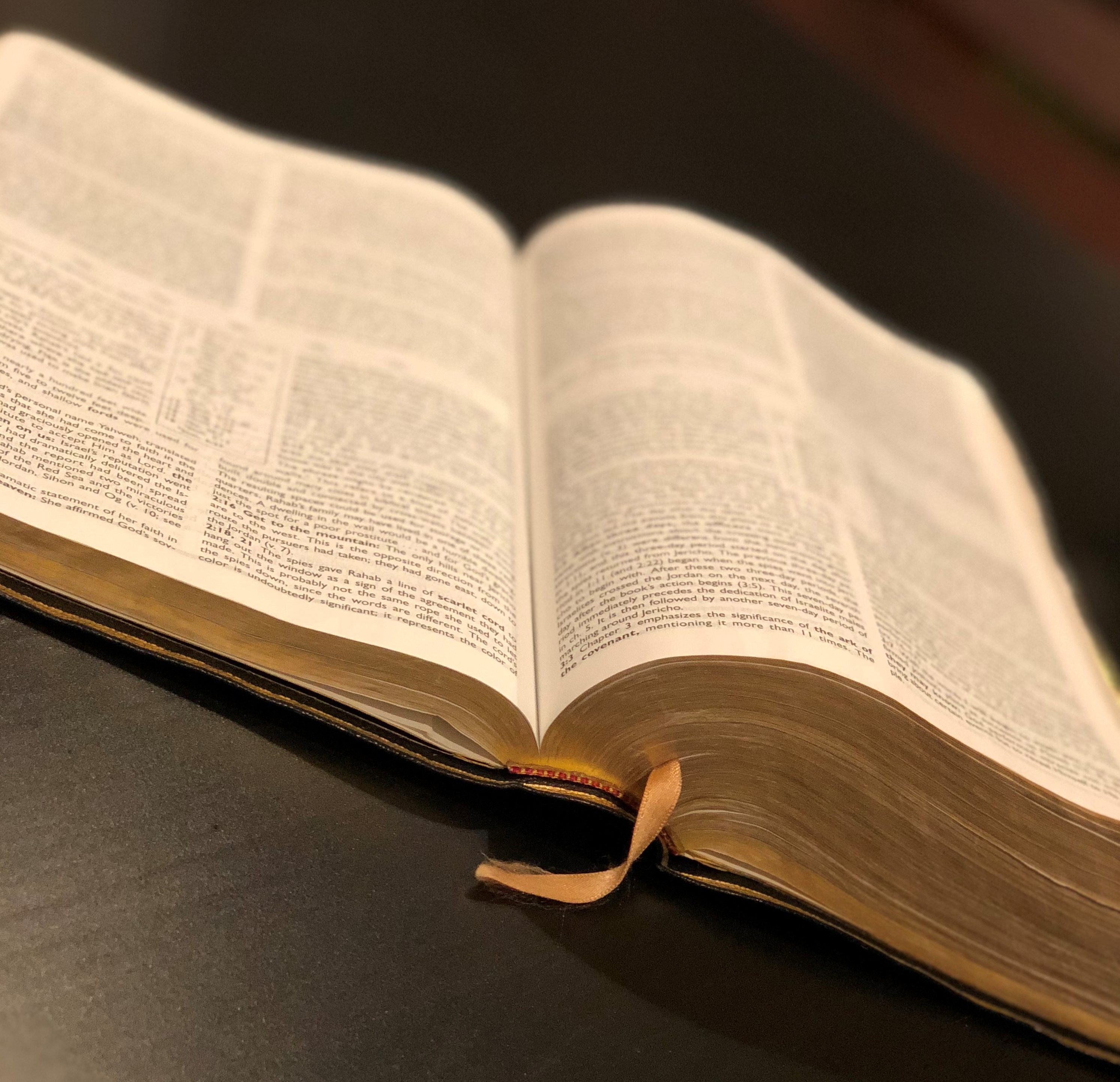I’ve heard that it is few the men who finish well. I am certainly not one of those few. I marked my last day in the military less than a week ago. As I ease into this new reality, I find myself nostalgically reflecting on the highlights of my career and wistfully pondering some of the royal eff-ups and ‘what were you thinking?’ moments. As I do, I’m faced with the reality that even though I always strove to do my best, give my all, and put others first, I also made plenty of mistakes. Nonetheless, something that accounts for nearly two-thirds of my life is done. As I grieve the things I’ll especially miss about military service, reverie will be my ration now.
In his book My American Journey, General Colin Powell wrote of his draw to the Pershing Rifles during ROTC as “…the discipline, the structure, the camaraderie, the sense of belonging…” Recognizing the U.S. military as one of America’s greatest opportunities, he eventually ascended to highest military position in our armed forces – Chairman of the Joint Chiefs of Staff. I was a career enlisted guy, and while a non-commissioned officer can never be the chairman of the joint chiefs, many of us in the enlisted corps share the general’s affinity for those things that first attracted him to the Pershing Rifles and that likewise make the profession of arms a unique and honorable vocation.
his book My American Journey, General Colin Powell wrote of his draw to the Pershing Rifles during ROTC as “…the discipline, the structure, the camaraderie, the sense of belonging…” Recognizing the U.S. military as one of America’s greatest opportunities, he eventually ascended to highest military position in our armed forces – Chairman of the Joint Chiefs of Staff. I was a career enlisted guy, and while a non-commissioned officer can never be the chairman of the joint chiefs, many of us in the enlisted corps share the general’s affinity for those things that first attracted him to the Pershing Rifles and that likewise make the profession of arms a unique and honorable vocation.
Having had the privilege of serving at all levels of the enlisted force, from basic trainee to senior enlisted leader, I can say that structure, camaraderie, and sense of belonging General Powell spoke of are among the things I will miss most. I already do. With that in mind, I’d like to offer a few observations I believe relate to those merits of service quoted above that have leadership relevance within any organization, military or otherwise.
There are certain keystones to leadership that I believe some military leaders are particularly good at that should be embedded within the framework of any organization. It begins and ends with truly caring about people. It involves making sure every person understands where they fit into the organization, how important they are to the organization, and exactly how they contribute to the success of the organization. It’s the leader’s job to do his or her absolute best to help each of them reach their full potential by ensuring they have the opportunities and resources necessary to be successful. Had it not been for a few exceptional leaders ahead of me recognizing this and giving me opportunities and correction along the way, I’m not sure where I would have ended up.
One such leade r taught me a long time ago that creating acronyms could help a simple-minded bloke like me remember things more easily. In fact, I created this one as an outline for a talk and think it’s relevant here: L-T-S-R-B-R. It stands for Leadership through Service, Respect, and Building Relationships. You see, I not-so-uniquely believe excellence in leadership comes through relationships and service to others. I believe real leadership is seen in how people treat others. It involves treating others with dignity and respect; good communication; empowerment; and positive influence.
r taught me a long time ago that creating acronyms could help a simple-minded bloke like me remember things more easily. In fact, I created this one as an outline for a talk and think it’s relevant here: L-T-S-R-B-R. It stands for Leadership through Service, Respect, and Building Relationships. You see, I not-so-uniquely believe excellence in leadership comes through relationships and service to others. I believe real leadership is seen in how people treat others. It involves treating others with dignity and respect; good communication; empowerment; and positive influence.
 People need to know their leaders care both about the mission and about them, and that they are safe to make mistakes as they strive for greatness. If you know someone in a position of authority who leaves a wake of destruction behind them everywhere they go, and they are more concerned with building an empire or advancing their own career than they are taking care of their people, that’s no leader. In fact, that’s just a jerk. My grandma would have said he’s gotten too big for his britches! Using today’s vernacular, she might say it’s an example of the Peter Principle. Still, I’m tempted to believe he was probably a jerk long before rising to his level of incompetence…
People need to know their leaders care both about the mission and about them, and that they are safe to make mistakes as they strive for greatness. If you know someone in a position of authority who leaves a wake of destruction behind them everywhere they go, and they are more concerned with building an empire or advancing their own career than they are taking care of their people, that’s no leader. In fact, that’s just a jerk. My grandma would have said he’s gotten too big for his britches! Using today’s vernacular, she might say it’s an example of the Peter Principle. Still, I’m tempted to believe he was probably a jerk long before rising to his level of incompetence…
I believe true leaders are strong, courageous, humble, kind, committed, and compassionate. Real leaders spend their time and energy finding ways to make others successful and equipping them to lead. They genuinely care about people, and they own their mistakes.

I already miss serving. I have considered it my privilege and honor to have followed and led some of the finest GIs in the profession of arms. But I have not arrived. Heck, I’m not even on final approach. In the daily devotional Strength for Service, William H. Danforth quotes Coach Meehan of New York University as saying “We learn practically nothing from a victory. All our information comes from a defeat. A winner forgets most of his mistakes.” I’ve learned much along the way from the many mistakes I’ve made, not the least of which is not to let them define who I am or what I represent.
Neither should you.
Get Strong. Be Strong. Stay Strong.
Hunsberger, E. & Nygaard, N. (2002). Strength for service: daily devotional messages for those in the service of others updated edition. Franklin, TN: Providence House.
Powell, C. L. & Perisco, J. (1995). My American journey. New York, NY: Ballentine.





